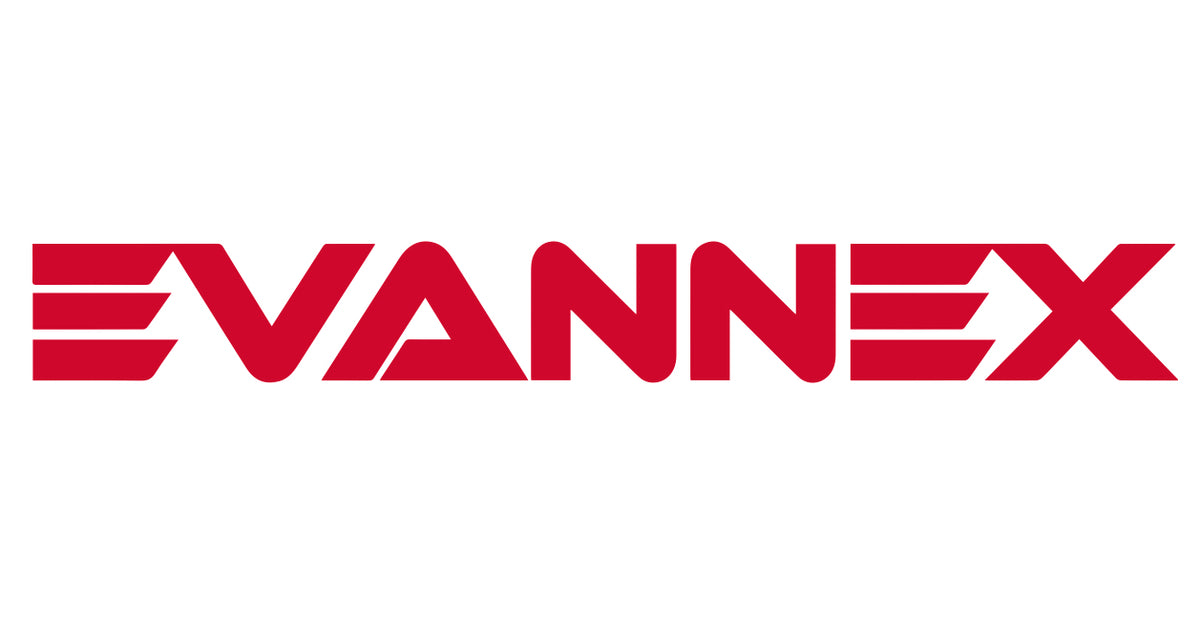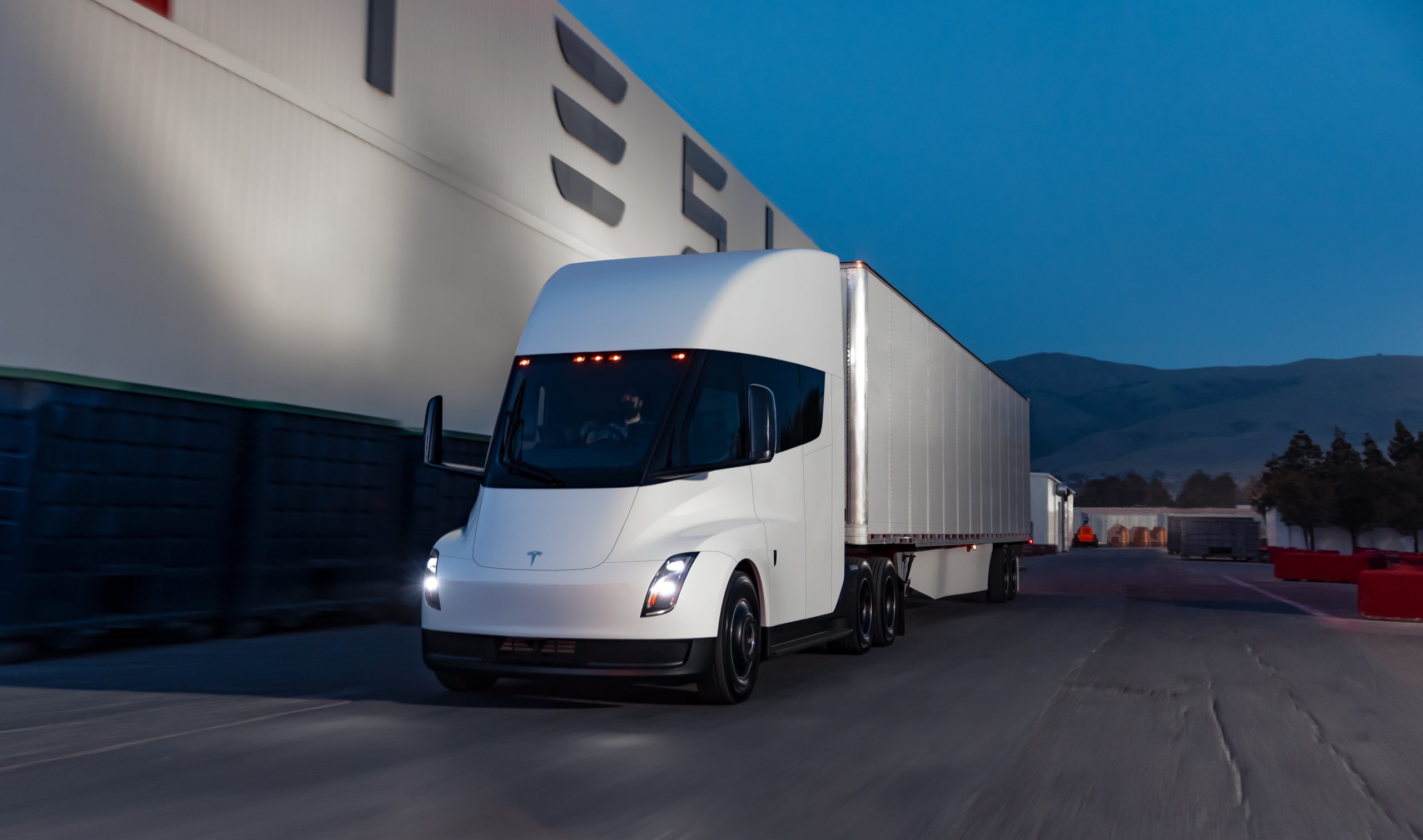The logo and design match Utility, it's pretty lightweight with composite walls.Wonder about this.
Specifically if Tesla is making the trailer, and has managed to shave 1-2K off the trailer weight.
So it might not be able to tow exactly the same weight using other trailers.
This might be one reason why the specs are not published, others will try to get a trailer to teardown and will copy the design.
I can see it being difficult to get hold of semis and trailers for teardowns, there may be a "gentleman's agreement" that buyers don't on sell them for a few years. By that time battery energy density improvements will close the hypothetical weight gap.
I think the big areas for improvement will be the tires and hubs/ bearings.




